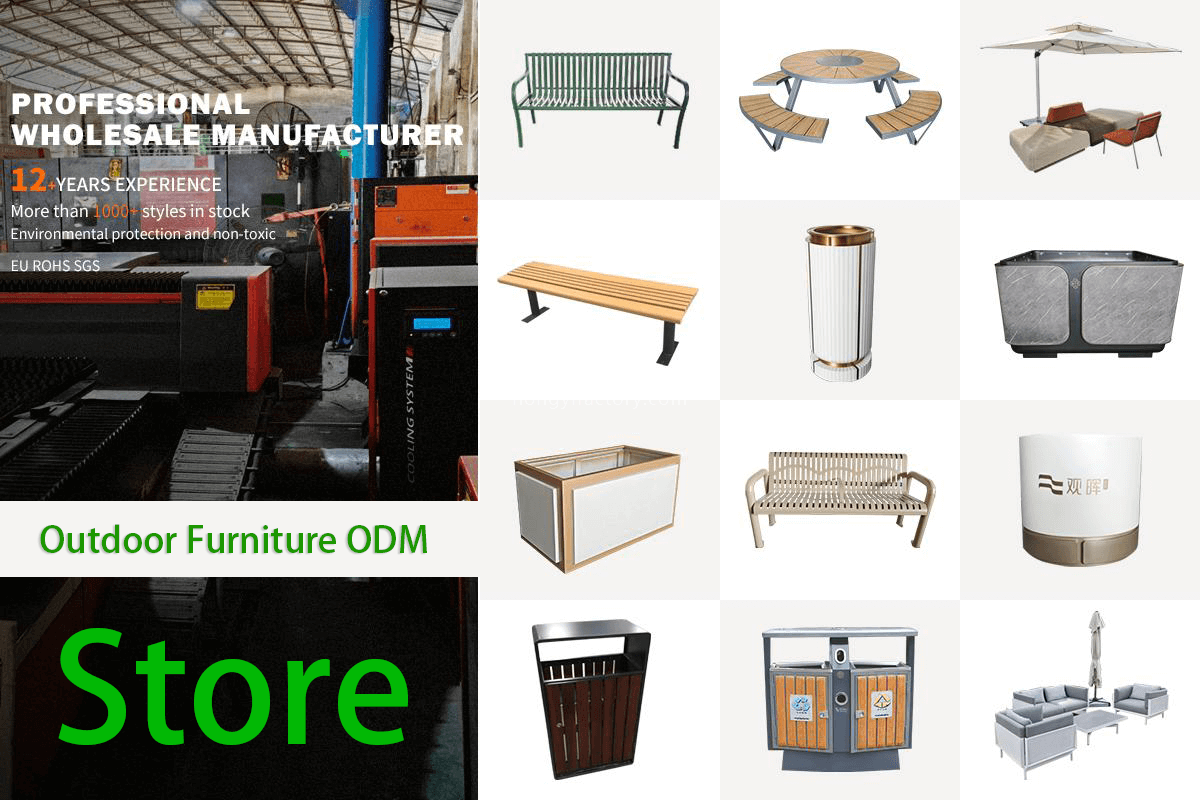Rooftop gardens represent innovative solutions for urban green spaces, but their true potential often remains unrealized without proper seating arrangements. Park chairs serve as crucial elements that elevate these elevated environments from mere decorative spaces to functional social hubs.
The strategic placement of comfortable seating transforms underutilized rooftop areas into inviting destinations for relaxation and social interaction. Unlike ground-level parks, rooftop gardens face unique challenges including weight restrictions, exposure to elements, and spatial limitations. Modern park chairs address these concerns through lightweight yet durable materials that withstand weather conditions while complying with structural requirements.
Beyond functionality, chairs create natural gathering points that encourage people to linger longer, fostering community engagement and increasing the garden's usage frequency. This extended presence translates to better maintenance awareness and stronger emotional connections to the space. The psychological impact cannot be overstated - visible seating arrangements signal that the space is meant for occupation and enjoyment, rather than just visual appreciation.
From a design perspective, chairs provide anchor points that help organize the garden layout, creating natural pathways and defining functional zones for different activities. They complement vegetation by framing sightlines and creating shaded areas beneath taller plants. The choice of chair materials - whether recycled plastic, powder-coated steel, or sustainable wood - further enhances the garden's ecological narrative.
Moreover, movable chairs offer flexibility, allowing users to customize their experience based on sun exposure, social needs, or personal preference. This adaptability makes the space responsive to changing conditions and diverse user requirements throughout the day and across seasons.
Ultimately, park chairs serve as the crucial interface between human needs and green infrastructure, making rooftop gardens not just environmentally beneficial spaces but genuinely habitable urban oases that promote wellbeing, social connection, and sustainable urban living.


